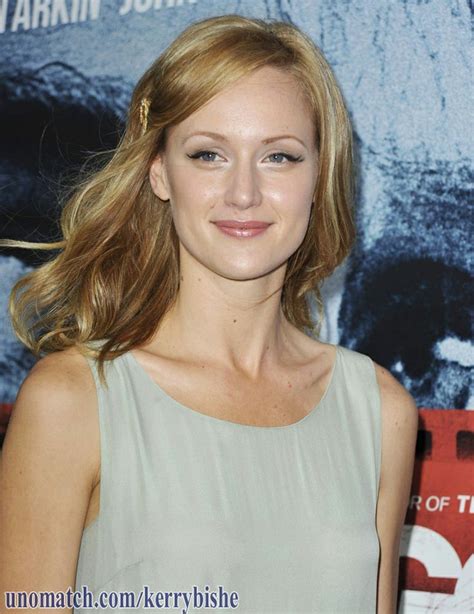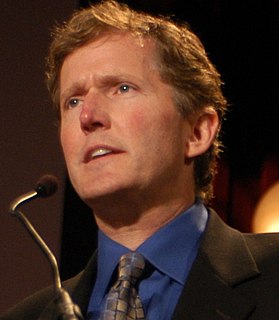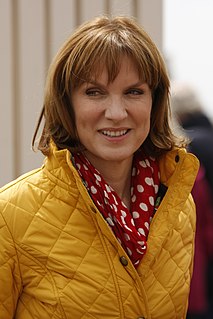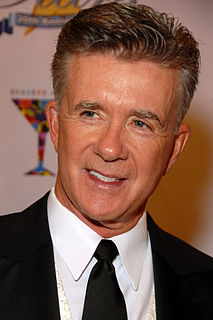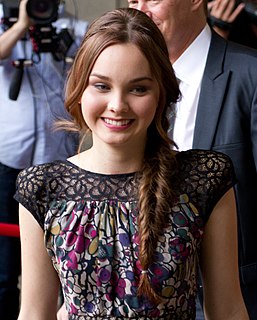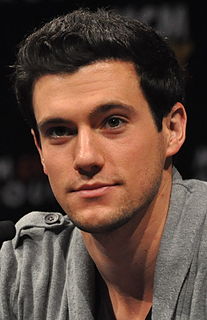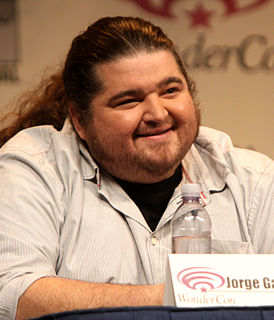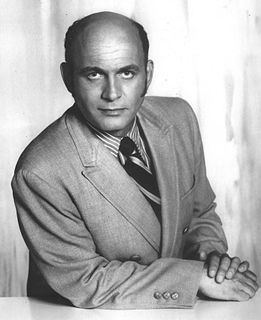A Quote by Howard Gordon
When you do a TV show, the cumulative intimacy you develop with the audience through your characters is pretty profound. It may be the most profound storytelling there is, because the character gets to live and roll around in the audience's mind week after week.
Related Quotes
We played a show the other week at this festival and it was an audience that I'd never normally play in front of. That's one the greatest things about festivals: you don't always get your audience, you get people who just pop in out of curiosity. The reaction was amazing; there were people dancing, which we've never had, I guess because the message is pretty powerful and the performance is a lot more visceral than it has been previously. The audiences seem to be reacting to that really well and it's a wonderful thing, because at a performance you really bounce off your audience.
You can put the camera in places where you may not necessarily be able to put it there if I don't do the stunt. If it's character and it's storytelling, then we do it. We design the things around me. I don't do it just to do a stunt. It's storytelling for me and how I can best bring the audience into the action, bring the audience into the story. And that's how we always look at at.
I always want the audience to identify with my character in some way. I mean, sometimes you'll get characters that aren't very identifiable. Sometimes you can't relate to your character at all. I think it's important to keep the audience interested. But the best advice that I've gotten is to live in the moment.
In my opinion, visual effects are great when it compliments a good story, and action is great when it compliments a good story, but just to have them for the sake of having them, it gets a little boring, especially if you're talking a TV series. At least with a movie that's an hour and a half to two hours, you see it and you're impressed, and then you're out. With a series, if it's only that, week after week after week, there's nothing there to bring you back. You have to get invested in the characters and care about them and want to follow them.
My favorite word is clarity...clarity...clarity. And the critical clarity is what is the transformation that is going to take place in the customer's life or work when they buy and use your product? And how profound is that? How important is that? You know the old saying, "If you could come up with a cure for cancer you'd be a billionaire by the end of the week" because of that profound result.




